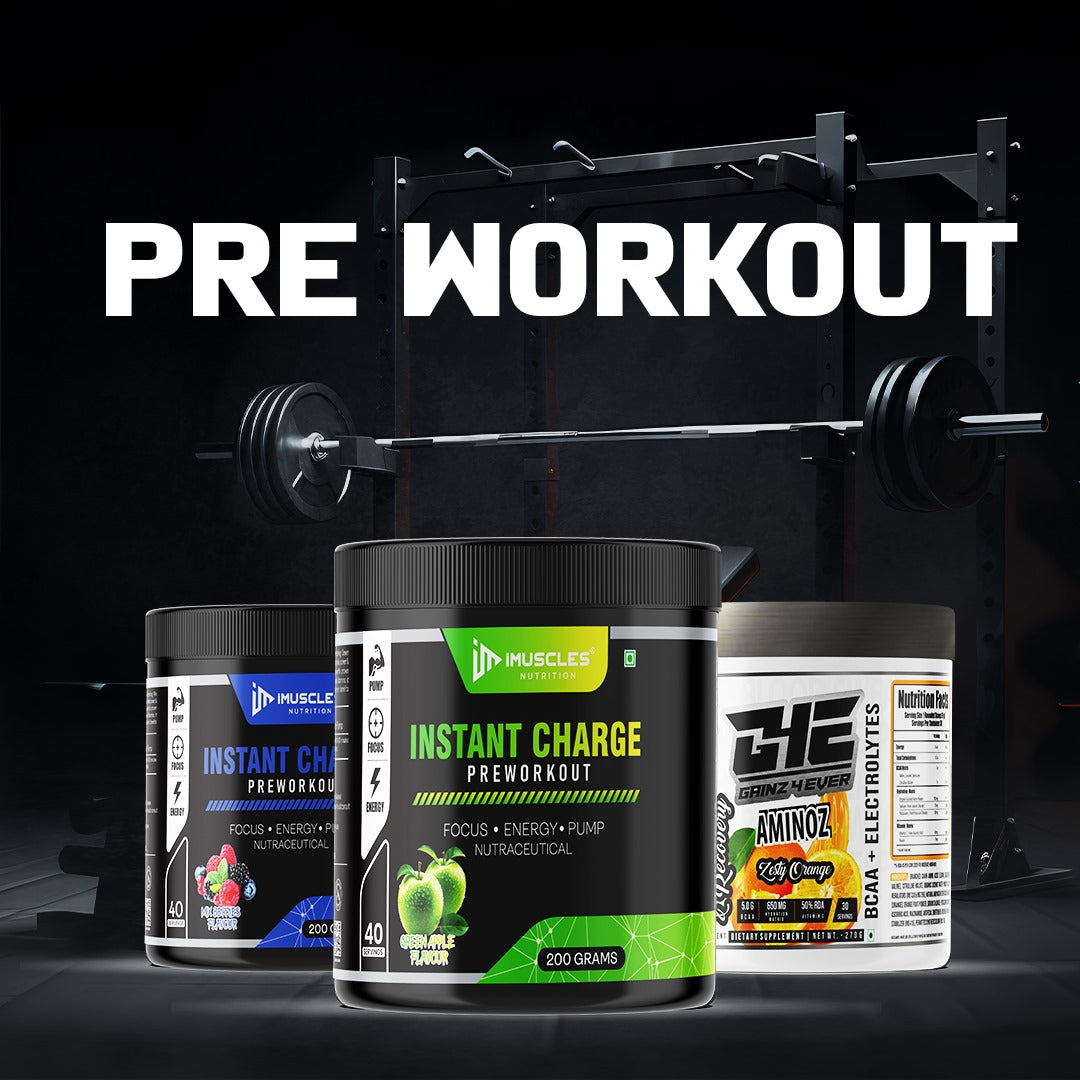
Are Muscle Supplements The Silent Assassins Plotting To Kill You From Inside
iMuscles NutritionIn today’s fitness-driven culture, muscle supplements are marketed as shortcuts to strength, stamina, and sculpted bodies. Walk into any gym, and you’ll see shelves stocked with protein powders, pre-workouts, creatine, and testosterone boosters. They promise quick results—faster recovery, bulging muscles, and improved endurance. But here’s the unsettling question: are these supplements silent assassins, plotting to kill you from the inside?
While not all supplements are harmful, growing evidence suggests that misuse, contamination, and over-reliance may create health risks that go unnoticed until it’s too late. This blog dives deep into the science, hidden dangers, and safe alternatives so you can make informed choices.
The Muscle Supplement Industry: A Billion-Dollar Machine
The global muscle supplement market is worth billions. Aggressive marketing convinces gym-goers, athletes, and even teenagers that supplements are essential for muscle growth. From glossy ads featuring shredded models to influencers swearing by their daily shakes, the industry thrives on one powerful promise—fast results without the wait.
But behind the marketing lies a harsh reality: many supplements are under-regulated. Unlike prescription drugs, most dietary supplements do not undergo rigorous testing by the FDA (or similar bodies in other countries). This lack of oversight allows potentially harmful products to slip into the hands of consumers.
The Dark Side: How Supplements Can Turn Toxic
1. Hidden Contaminants
Studies reveal that many muscle supplements are contaminated with heavy metals (lead, mercury, arsenic) and unlisted substances like steroids or stimulants. These contaminants can slowly damage the liver, kidneys, and heart over time.
Liver and Kidney Damage
Excessive protein powders or creatine can overwhelm your kidneys, especially if you are dehydrated or have undiagnosed kidney issues. There have been reports of liver failure linked to bodybuilding supplements laced with unapproved chemicals.
Cardiovascular Risks
Pre-workouts packed with stimulants raise blood pressure and heart rate. Combine that with intense exercise, and you’re flirting with heart attacks, arrhythmias, or strokes.
Hormonal Imbalances
Testosterone boosters and anabolic supplements disrupt your natural hormone balance. This can lead to infertility, mood swings, acne, and long-term endocrine damage.
Addiction & Dependency
Psychologically, many athletes become dependent on supplements, believing they cannot perform or grow without them. This cycle often leads to overuse and stacking multiple supplements, multiplying health risks.
Real-Life Cases: When Supplements Became Silent Killers
- In 2017, a healthy 25-year-old bodybuilder from Australia died of liver failure after consuming protein supplements heavily contaminated with toxic substances.
- In the U.S., multiple lawsuits have been filed against supplement companies for products causing heart attacks, seizures, and organ failure.
- A study published in JAMA found that nearly 50% of supplements recalled by the FDA still contained unapproved drugs, even after warnings.
These cases highlight a chilling truth: what looks like a harmless scoop of powder may, in fact, be a silent assassin slowly plotting your downfall.
Are All Supplements Bad?
Not necessarily. The key lies in quality, dosage, and necessity. Supplements like whey protein, creatine, and branched-chain amino acids (BCAAs) can be safe when:
- Purchased from reputable brands with third-party testing.
- Consumed in recommended dosages.
- Used to supplement, not replace, real food.
However, supplements are not magic bullets. A balanced diet, proper training, and recovery are far more important.
Red Flags To Watch Out For
When buying muscle supplements, beware if the product:
- Promises instant muscle growth or fat loss.
- Contains hidden proprietary blends without full transparency.
- Is not certified by third-party labs (like NSF, Informed-Sport).
- Is aggressively marketed with unrealistic before-and-after photos.
Safer Alternatives To Build Muscle
Instead of relying on suspicious powders, here are safe and proven ways to gain muscle and strength:
- Whole Foods First: Lean meats, eggs, beans, lentils, nuts, and dairy provide natural protein and nutrients.
- Hydration: Water supports recovery, kidney health, and muscle repair better than any pre-workout drink.
- Sleep & Recovery: Growth happens during rest, not during workouts. Skipping sleep can sabotage gains.
- Strength Training Programs: Consistent, progressive overload in weight training builds real, lasting muscle.
- Natural Boosters: Foods like oats, bananas, beetroot, and spinach enhance endurance naturally without side effects.
The Psychological Trap: Why We Keep Consuming
The pressure to achieve the “perfect body” fuels supplement abuse. Social media glorifies shredded physiques, pushing people to believe they must take shortcuts. This obsession creates mental health struggles, body dysmorphia, and risky behaviors.
Remember, true fitness is about long-term health, not quick hacks.
Final Verdict: Silent Assassins or Misused Tools?
So, are muscle supplements silent assassins plotting to kill you from inside? The truth is nuanced. When used wisely, high-quality supplements can be beneficial. But when abused, bought from shady brands, or taken without medical advice, they can turn into slow killers targeting your organs, heart, and hormones.
The takeaway? Don’t blindly trust powders over real food. Before you add any supplement to your routine, consult a healthcare professional, research the brand, and prioritize sustainable fitness over shortcuts.
FAQs
Are muscle supplements safe for daily use?
Some are safe in moderation, like whey protein or creatine, provided they come from tested and verified brands. Overuse or contaminated products, however, can cause serious health risks.
Can supplements replace a balanced diet?
No. Supplements are designed to “supplement” gaps in nutrition, not replace whole foods. Real food provides fiber, micronutrients, and bioavailability that powders cannot match.
How do I know if my supplement is safe?
Look for third-party certifications (NSF, Informed-Sport), transparent ingredient labels, and avoid exaggerated claims.
Do natural supplements like herbal boosters have risks too?
Yes. Herbal supplements can interact with medications or contain unsafe levels of compounds if not properly regulated. Always consult a doctor.
What’s the safest way to build muscle without supplements?
Focus on resistance training, protein-rich foods, hydration, and adequate rest. Supplements can only enhance results—they cannot replace hard work and healthy habits.

